Can Beyoncé save country music's reputation?
First black woman to top the Billboard country charts could finally break down the genre's racist stereotype
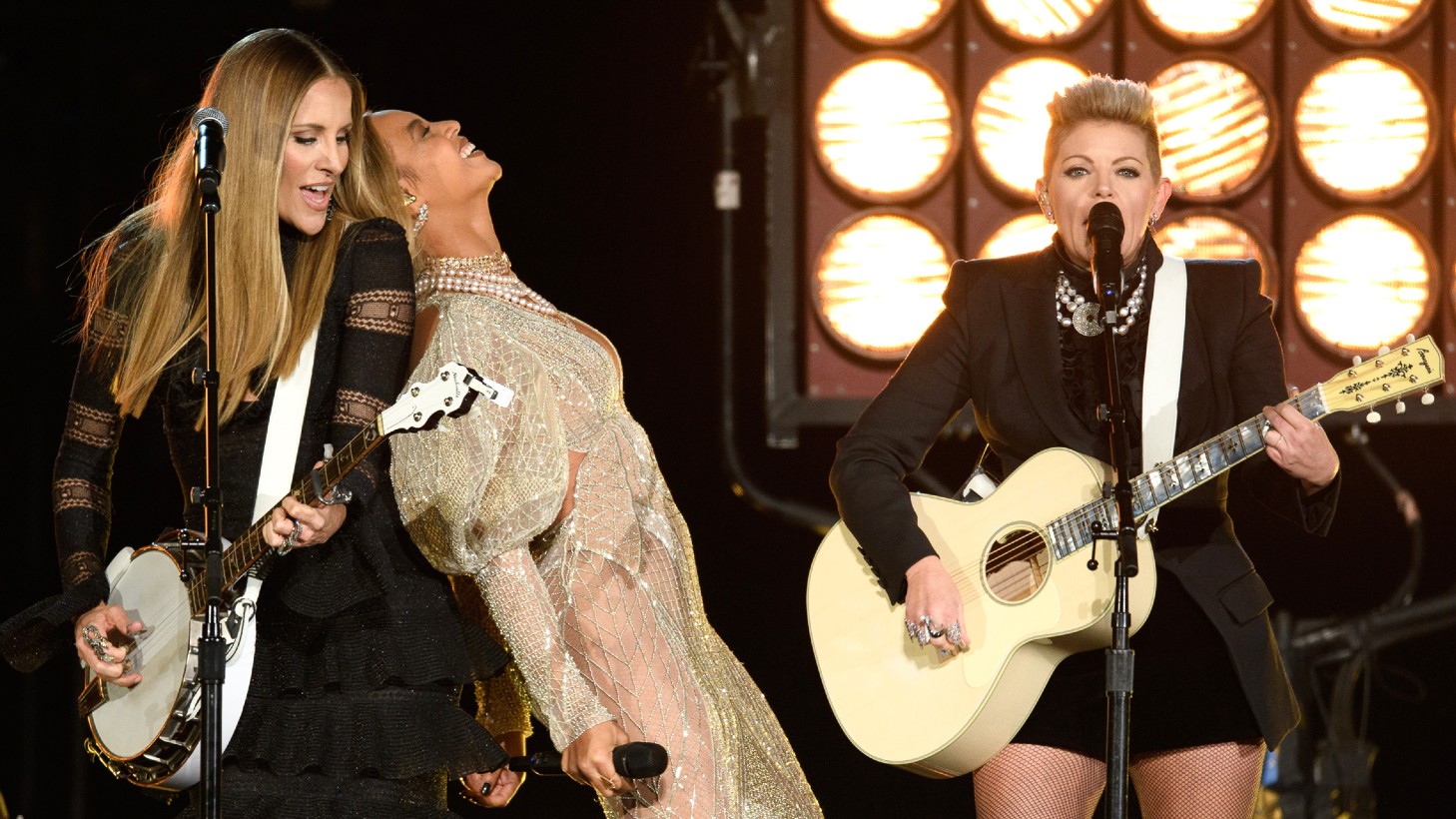
A free daily email with the biggest news stories of the day – and the best features from TheWeek.com
You are now subscribed
Your newsletter sign-up was successful
When Beyoncé became the first black woman to top the Billboard Hot Country chart, it was hailed as a breakthrough moment for country music.
"Texas Hold 'Em", one of two new songs released by the Houston-born singer in a Super Bowl commercial as part of her upcoming album "Renaissance: Act II", is "not her first rodeo", so to speak, said Glamour, having previously elicited a "swift – and explicitly racist – backlash" for her 2016 performance of "Daddy Lessons" with The Chicks at the 2016 Country Music Academy (CMA) awards.
It is, however, her "most successful and controversial" foray into the genre, William Nash, Professor of American Studies and English and American Literatures, Middlebury College, Vermont, wrote on The Conversation.
The Week
Escape your echo chamber. Get the facts behind the news, plus analysis from multiple perspectives.

Sign up for The Week's Free Newsletters
From our morning news briefing to a weekly Good News Newsletter, get the best of The Week delivered directly to your inbox.
From our morning news briefing to a weekly Good News Newsletter, get the best of The Week delivered directly to your inbox.
Many "stereotype country music as being white, politically conservative, militantly patriotic and rural", said Nash. "But the story of country has always been more complicated, and debates about race and authenticity in country are nothing new; they've plagued country artists, record companies and listeners for over a century."
'No Beyoncé on a country music station'
While some country singers – such as the legendary Dolly Parton – have been "willing to welcome Beyoncé with open arms, that isn't necessarily true of the country establishment as a whole", said Mary Kate Carr for AV Club.
"The fact that she's the first woman to accomplish these chart records is demonstrative of not just the way country music as a whole has been siloed from pop music, but of the way that Black artists, and particularly Black female artists, have struggled for acceptance in the genre," Carr added.
By studying over 11,000 songs played on country radio from 2002 to 2020, Jada Watson, an assistant professor in the School of Information Studies at the University of Ottawa and the principal investigator of SongData, found that artists of colour represented just 3% of country airplay, two-thirds of which were by solo male artists.
A free daily email with the biggest news stories of the day – and the best features from TheWeek.com
The case of one radio station in Oklahoma, which responded to a fan request to play "Texas Hold 'Em" with the message: "We do not play Beyoncé on KYKC as we are a country music station", received national attention as indicative of the prejudices around the genre.
It "ignited a new flame in a long-simmering debate over how Black artists fit into a genre that has Black music at its roots", said The New York Times.
The backlash not only "set off a rapid chain of events" that eventually led to the song topping the country charts, reported NPR, but also "solidified a complaint against country radio stations in particular: that they act as gatekeepers of a stereotype that the genre is limited to white artists".
Breaking down country barriers
These reactions, "which range from simply ignorant to downright misogynoir, presuppose that commercial country music – a music of guitars, banjos and fiddles; of pick-up trucks, heartbreak and that down-home lonesome sound – is a legacy that belongs only to white, rural southerners", said two-time Grammy-winning musician Rhiannon Giddens in The Guardian. But "that supposition is just plain wrong".
"The truth is that country music has never been white," argued Taylor Crumpton in Time. "Country music is Black. Country music is Mexican. Country music is Indigenous", and Beyoncé does not need "white validation to classify her country –she has been country for the entirety of her life".
So far, there is "no indication the singles have challenged the system and its goal of targeting affluent white listeners", said NPR, even if it is clear that Beyoncé's foray into country music has helped "shed light on the presence of Black country artists".
But if anyone can break down the barriers in country, Dr Charles Hughes, the director of the Lynne and Henry Turley Memphis Center at Rhodes College, told The New York Times, it's Beyoncé and her legion of BeyHive fans.
"Maybe that power will create an expanded space for all these great Black women making country music," he said, "to make it more in line with the people who love country music and the country it's supposed to represent."
-
 Political cartoons for February 14
Political cartoons for February 14Cartoons Saturday's political cartoons include a Valentine's grift, Hillary on the hook, and more
-
 Tourangelle-style pork with prunes recipe
Tourangelle-style pork with prunes recipeThe Week Recommends This traditional, rustic dish is a French classic
-
 The Epstein files: glimpses of a deeply disturbing world
The Epstein files: glimpses of a deeply disturbing worldIn the Spotlight Trove of released documents paint a picture of depravity and privilege in which men hold the cards, and women are powerless or peripheral
-
 Is a social media ban for teens the answer?
Is a social media ban for teens the answer?Talking Point Australia is leading the charge in banning social media for people under 16 — but there is lingering doubt as to the efficacy of such laws
-
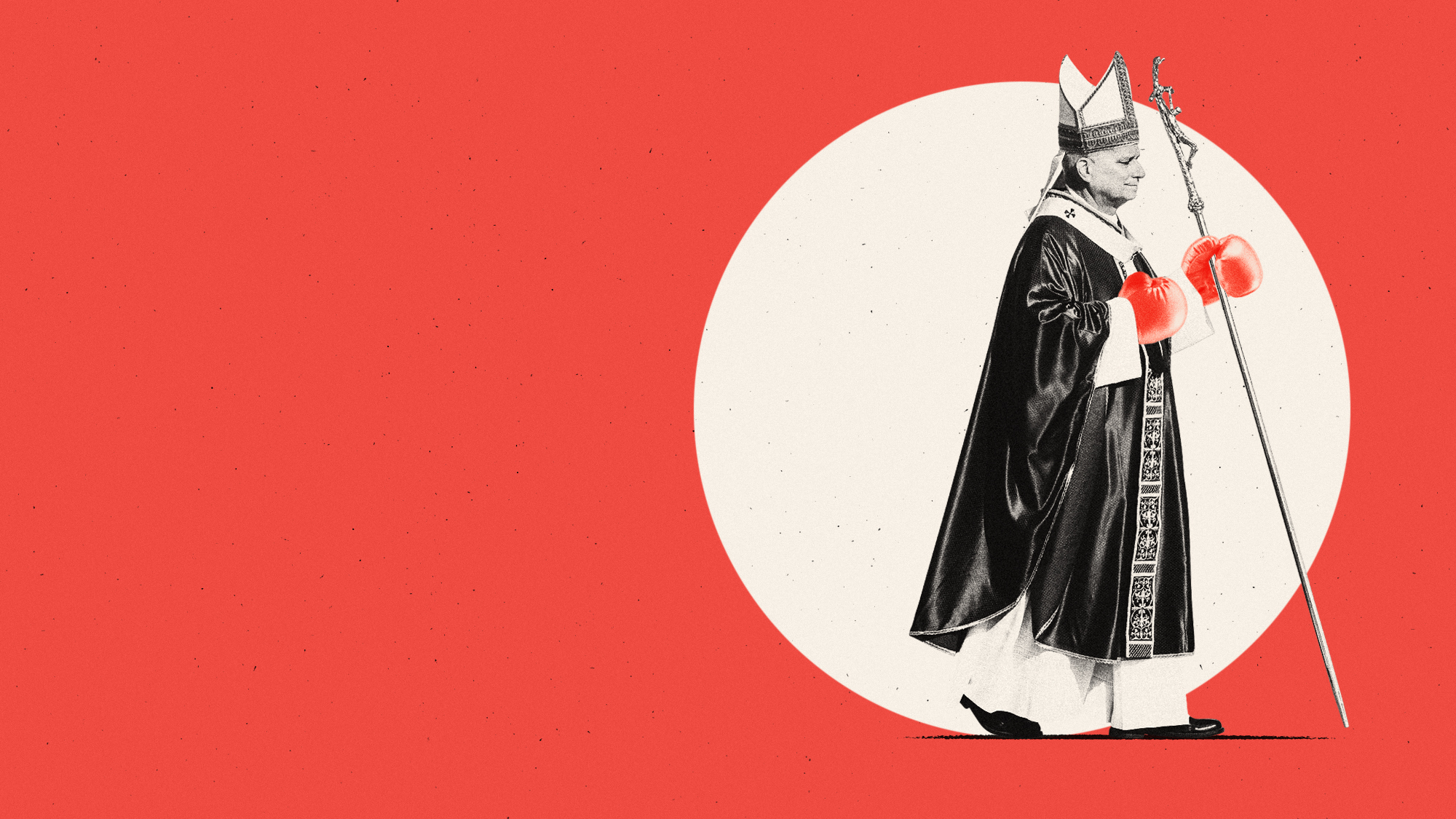 Why are American conservatives clashing with Pope Leo?
Why are American conservatives clashing with Pope Leo?Talking Points Comments on immigration and abortion draw backlash
-
 Questions abound over the FAA’s management of Boeing
Questions abound over the FAA’s management of BoeingTalking Points Some have called the agency’s actions underwhelming
-
 'Immigrant' Superman film raises hackles on the right
'Immigrant' Superman film raises hackles on the rightTALKING POINT Director James Gunn's comments about the iconic superhero's origins and values have rankled conservatives who embrace the Trump administration's strict anti-immigrant agenda
-
 Disney is still shielding Americans from an episode of 'Bluey'
Disney is still shielding Americans from an episode of 'Bluey'Talking Points The US culture war collides with a lucrative children's show
-
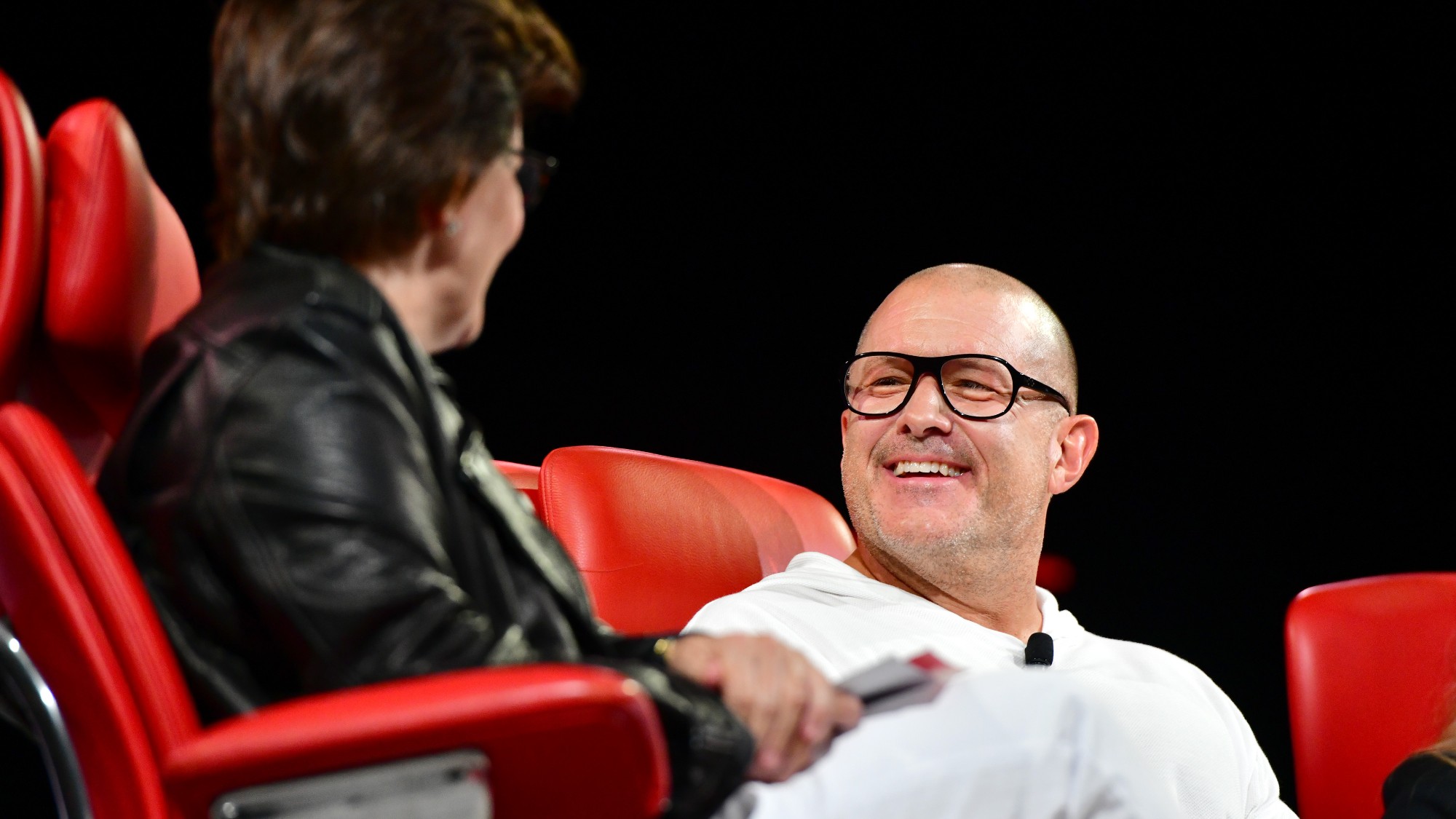 Jony Ive's iPhone design changed the world. Can he do it again with OpenAI?
Jony Ive's iPhone design changed the world. Can he do it again with OpenAI?Talking Points Ive is joining OpenAI, hoping to create another transformative piece of personal technology. Can lightning strike twice?
-
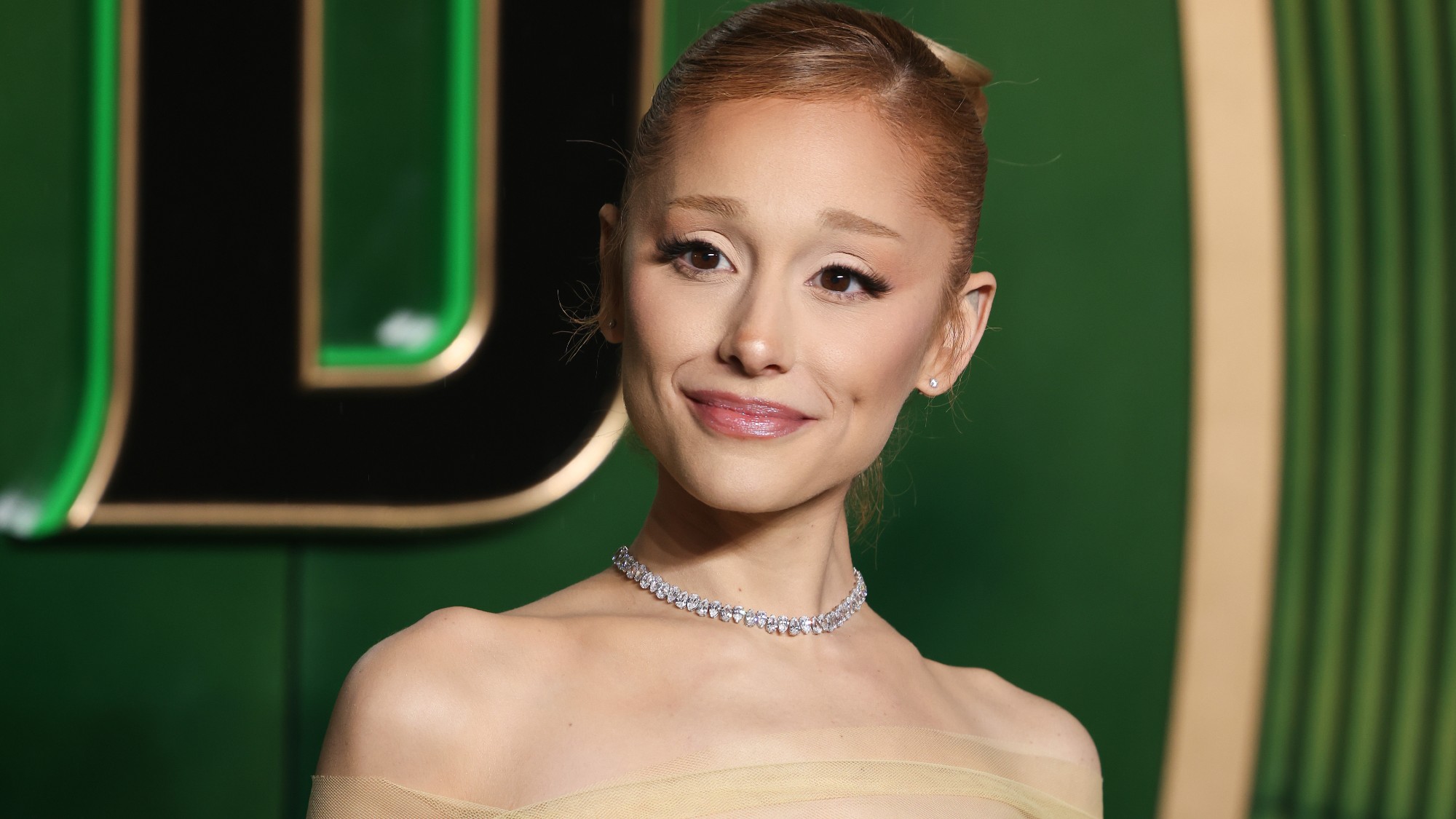 Is method acting falling out of fashion?
Is method acting falling out of fashion?Talking Points The divisive technique has its detractors, though it has also wrought quite a few Oscar-winning performances
-
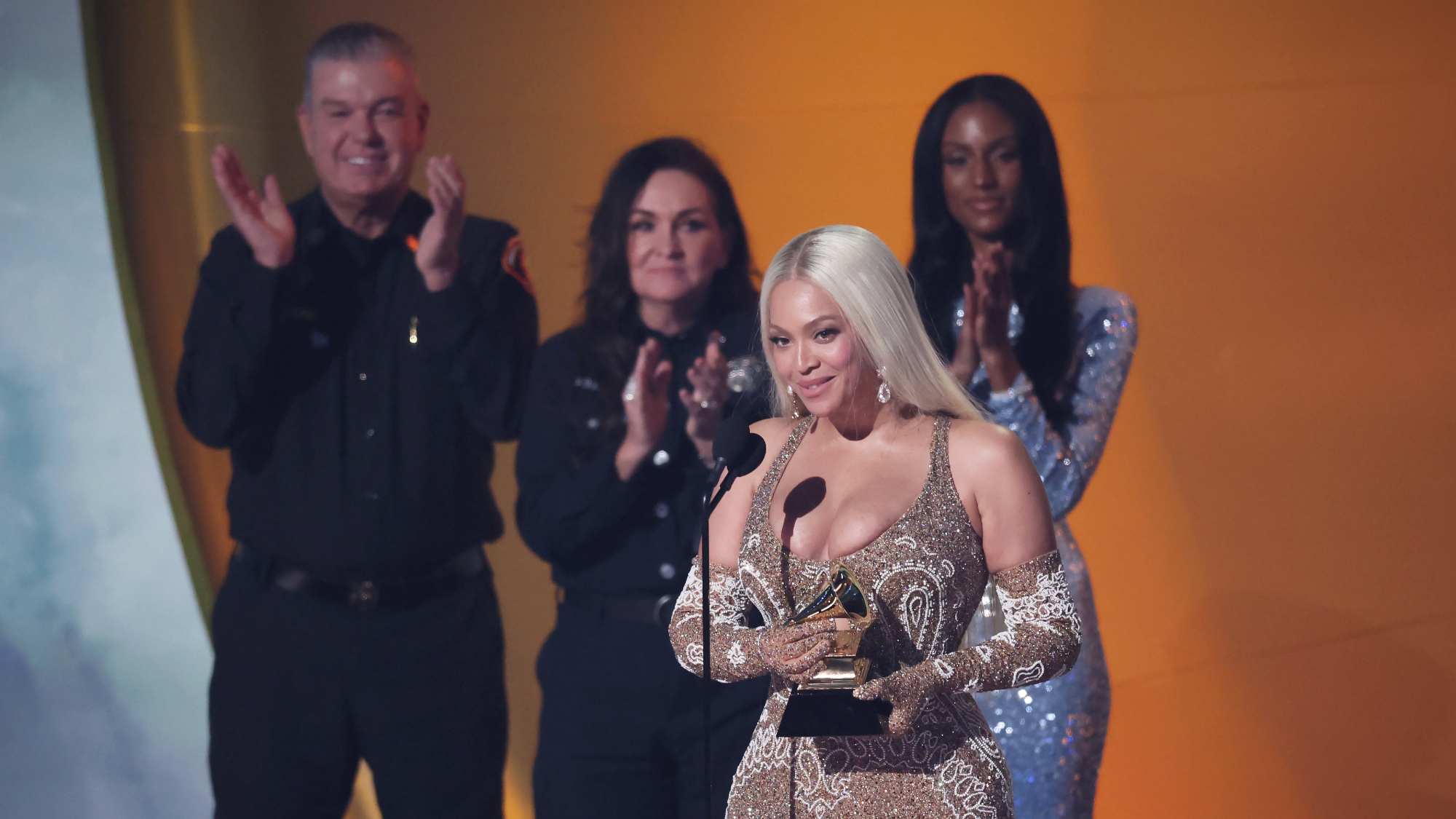 Beyoncé, Kendrick Lamar take top Grammys
Beyoncé, Kendrick Lamar take top GrammysSpeed Read Beyoncé took home album of the year for 'Cowboy Carter' and Kendrick Lamar's diss track 'Not Like Us' won five awards